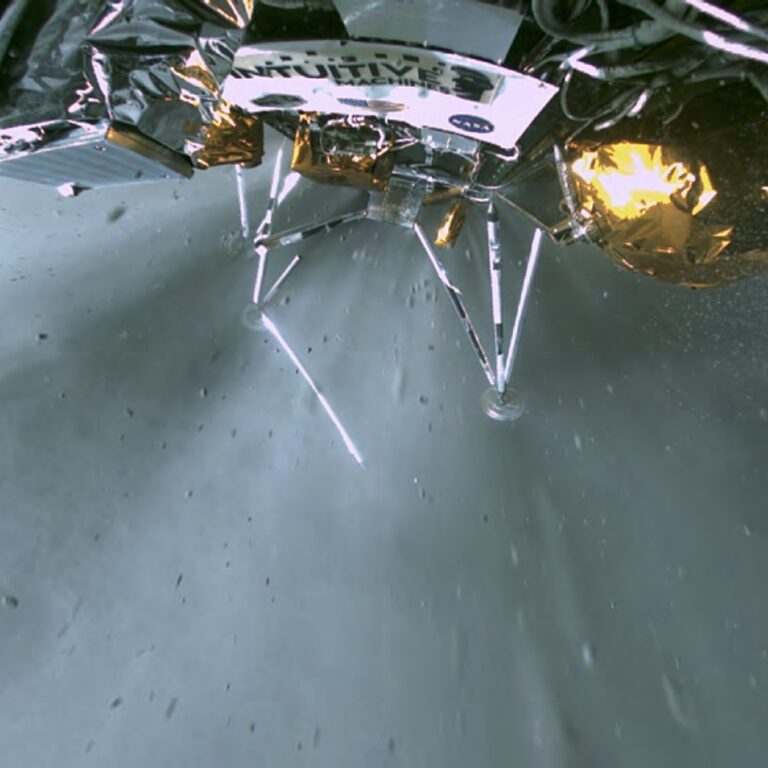Planetary Radio: Space Policy Edition
Featuring The Planetary Society's Chief Advocate, Casey Dreier, the Space Policy Edition podcast features unique insights by the world's leading experts in space policy and history to explain how space exploration actually happens.
Subscribe
The Space Policy Edition is included as a monthly feature of the Planetary Radio podcast, which is available on all major podcast services. You can also subscribe exclusively to Space Policy Edition episodes on Apple Podcasts and Spotify:
Or use our direct RSS feed and subscribe via your favorite podcast app.
Latest Episodes
Policy expert G. Ryan Faith argues for importance of communal engagement with our values and goals in space exploration. While easy answers may elude us, a careful and considered approach to this effort can help avoid common pitfalls and dead ends and ensure that future generations continue to explore space.
Every major NASA center built after the agency’s inception is located in the American South. Why? Dr. Brian Odom, NASA’s chief historian, joins the show to discuss the cultural, political, and historical implications of NASA’s expansion into the South.
Holy texts and salvation ideology. Saints and martyrs. True believers and apostates. This isn’t a religion — this is human spaceflight, argues Roger Launius, the former Chief Historian of NASA.
Should policymakers spend more time looking - really looking - at the Moon? Chris Cokinos thinks so. He’s the author of a new book, Still As Bright, which explores the evolving role of the Moon in our culture, our history, and our dreams of spaceflight.
Former NASA Administrator Mike Griffin discusses his claim that there is a tension between the so-called Real reasons that motivate spaceflight and the prosaic, Acceptable reasons used to justify space exploration within the public sphere.
Science historian Dr. Matt Shindell joins the show to discuss the unique era of commercial lunar exploration, and how planetary exploration has evolved and can continue to evolve on and around the Moon.


 Explore Worlds
Explore Worlds Find Life
Find Life Defend Earth
Defend Earth







